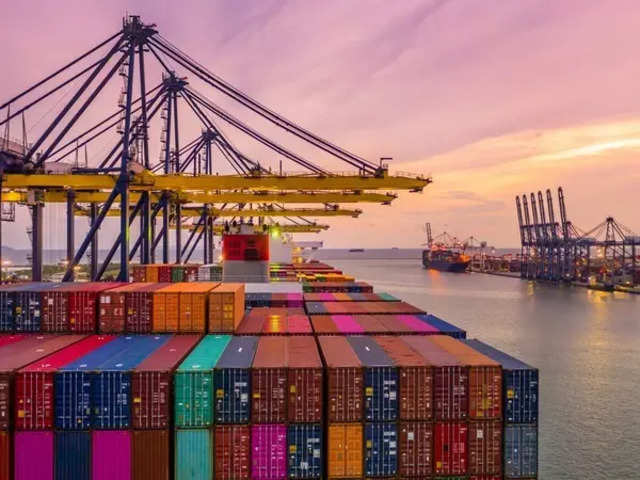India is currently engaged in negotiations for a trade facilitation pact with ten countries, according to the Chairman of the Central Board of Indirect Taxes and Customs (CBIC). The ongoing discussions underscore India’s commitment to enhancing economic ties and fostering smoother trade relations on a global scale.
The trade facilitation pact aims to streamline and simplify procedures related to cross-border trade, reducing bureaucratic hurdles and promoting a more efficient exchange of goods and services. As India actively pursues these negotiations, it signals a strategic move to strengthen its economic partnerships and create a conducive environment for international trade.

SOURCE:- INDIA TODAY
While the specific countries involved in the negotiations have not been disclosed, the development aligns with India’s broader efforts to diversify its trading partners and explore new avenues for economic collaboration. This proactive approach reflects the country’s recognition of the importance of fostering mutually beneficial trade relationships to drive economic growth.
SOURCE:- BBC NEWS
Trade facilitation pacts typically address a range of issues, including customs procedures, tariffs, and non-tariff barriers. By engaging in negotiations with multiple countries simultaneously, India aims to create a framework that facilitates smoother trade flows and enhances its competitiveness on the global stage.
The CBIC chairman’s announcement highlights the dynamic nature of India’s trade policy and its commitment to adapting to the evolving global economic landscape. As the negotiations progress, it will be crucial to monitor updates and the eventual outcomes, as they will have implications for India’s trade dynamics and its position in the international economic arena.
In the context of the ongoing negotiations, the specific details of the trade facilitation pact, including the countries involved and the key areas of focus, will likely become clearer in subsequent announcements. These developments contribute to shaping India’s trade strategy and underscore the importance of proactive engagement in fostering robust international trade relationships.
Share your views in the comments

